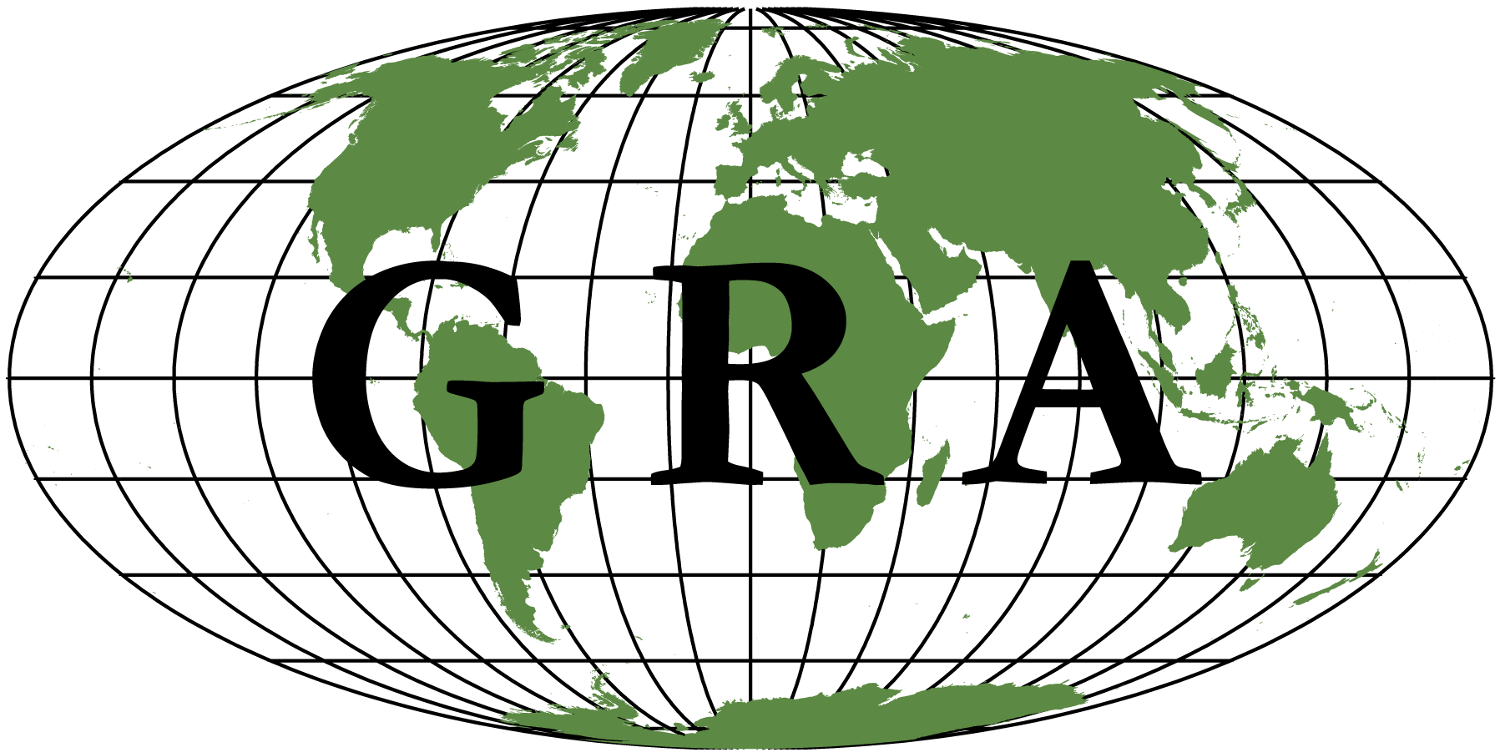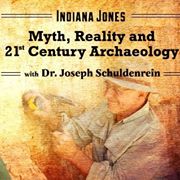Releasing the Stories of Archaeology of Internment
The archaeology of internment and incarceration is a relatively new and politically sensitive avenue of inquiry within the discipline. With us are Dr. Bonnie Clark and Ms. Judy Thomas to discuss how archaeologists can interpret how people coped with confinement through a detailed assessment of their material remains.
January 28, 2015 • 57 mins
“They Left it All Out in the Field”: The Contemporary State of Battlefield Archaeology
This week's guest, Dr. Douglas Scott, is a renowned expert in battlefield archaeology and is known for his work at Little Big Horn. Dr. Scott explains how archaeological method and theory can be applied to battlefield excavation sites and considers how we can apply archaeological perspectives to modern and current world conflicts.
July 10, 2013 • 43 mins
Approaches to “Disaster Archaeology”: Excavations at Contemporary Disaster Sites
What and how can archaeology contribute to data recovery at contemporary disaster sites? Our special guest, Dr. Richard Gould, Professor Emeritus of Archaeology at Brown University, mobilized the first and only systematic excavations at the World Trade Center site immediately after the tragedy.
August 22, 2012 • 54 mins
Forensic Archaeology in Iraq: The Iraq Mass Grave Team and the Prosecution of Saddam Hussein (2004-2008)
In the wake of the overthrow of Saddam Hussein’s regime in 2003, the Iraq Mass Graves Team (IMGT) was mobilized by the U.S. Department of Justice’s Regime Crimes Liaison Office in Baghdad to undertake a large-scale exhumation and forensic analysis mission. The objective was to collect evidence of mass exterminations to support the prosecutions of former regime leaders. Our special guest, Dr. Michael (Sonny) Trimble, was the IMGT project director and provides his perspectives on the excavations, analyses, and subsequent trials.
September 5, 2012 • 59 mins
The Archaeology of the Holocaust: A Window into the Documentation of Genocide
Archaeologists often pride ourselves on being able to illuminate aspects of human life not found in written and oral records. This is especially true at sites of genocide, where all too often records are fragmentary and intentionally obfuscated. With this in mind, archaeologists in recent years have begun to investigate the material record of WWII extermination centers. Our special guest, Dr. Isaac Gilead, discusses his work at the Belzec, Sobibor, and Treblinka camps.
August 8, 2012 • 53 mins


